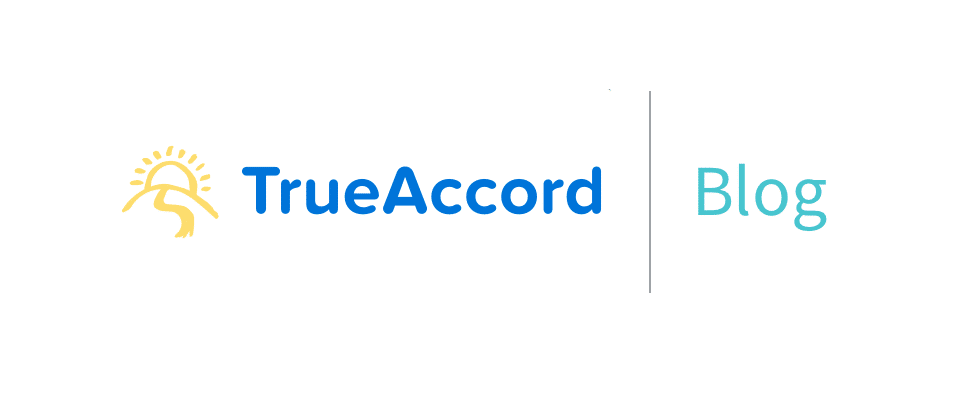The New Debtor
Data from the Federal Reserve Bank shows consumer debt has been increasing and hit its peak in 2017 totalling $12.73 trillion, exceeding the previous peak in 2008, with roughly $1.3 trillion in student loans. The expected decrease in regulatory and tax burdens on U.S businesses suggests that the US economy will grow even faster than expected, giving consumers more confidence to spend. This growth in debt volume is accompanied by a change in the profile of consumers that owe it. Millennials are a new type of consumer, and therefore also a new type of debtor. This shift has left the debt collection industry struggling to deliver the type of user experiences consumers demand today. Companies wanting to stay successful, recover debt and retain their positive brand perception must adapt.
Millennials are the new consumers
Millennials have surpassed Baby Boomers as the nation’s largest living generation, according to population estimates released by the U.S. Census Bureau. Millennials are defined as ages 18-34 and in 2015 they numbered 75.4 million, surpassing Baby Boomers at 74.9 million. They are young, highly educated, driven, technology savvy and in significant debt. In 2016 the average student loan debt was close to $40,000 for the millennial generation. Student loans is now the second highest consumer debt category, trailing only mortgages.
Income and debt introduce uncertainty
In a recent survey 68% of millennials have said that debt negatively impacts their life, causing personal and professional stress, and 19% have received collections calls. On average a millennial carries around $5500 high interest credit card debt, to which many add auto loans. According to the Bureau of Labor Statistics an average millennial salary is $35,592, which leaves many dreaming of being debt free but finding that goal impossible to reach. Faced with mounting debt and economic uncertainty, millennials not only communicate and think differently, but are also faced with a substantially different economic reality. When they fall off the debt repayment wagon, they require much more support to get back on it.
A shift in demographics and values
Beyond the economic uncertainty, millennials’ money management habits also differ from those of baby boomers. Millennials place a high value on ephemeral consumption – experiences such as travel rather than goods and investments – leaving them with less long term financial security. Coupled with lower salaries, they are facing a constant struggle between paying off their debt, building financial security, and living in the moment. Helping millennials pay down debt also requires an element of flexibility and financial education to help them start and stay on track with a debt repayment plan that works for their life.
Technology is key
Millennials’ love affair with technology has changed the way companies interact with them and created an opportunity for innovation that spans across all markets from healthcare to fintech and an on-demand economy for pretty much any service imaginable. With 98% of millennials owning a smartphone and using it for more than 2 hours per day, phones are their main source of communication and interaction with the world at large. Organizations need to invest and improve their technology to meet the millennial consumers’ ever changing and evolving preferences.
Personalization is not a good-to-have
This generation puts a lot of emphasis on personal expression and personalization. Individuals express themselves not only by increasingly specific value sets and identities, but also by adopting brands and consumption patterns. Accordingly, millennials expect a higher degree of personalization when they engage with products and services including financial services. Millennials engage with products and services that understand them and connect to their experience, whether it’s expressing oneself through brands or the emotional experience of being in debt. The more variance companies can offer, the more they can respond to consumers’ individual circumstances and get better results.
Looking ahead
To successfully engage with millennials we have to continue to focus on more sophisticated ways to learn from consumer behavior and preferences to offer real-time, meaningful, personal interactions. Millennials are not only the biggest demographic, but they are a maturing one, and are seeking ways to gain better control of their finances and build a more secure future. Properly servicing them and their mounting debt, personalizing and providing customized solutions, is crucial for the future of our growing economy. Issuers and collectors must adapt to this new world or see their charge offs rise rapidly.
